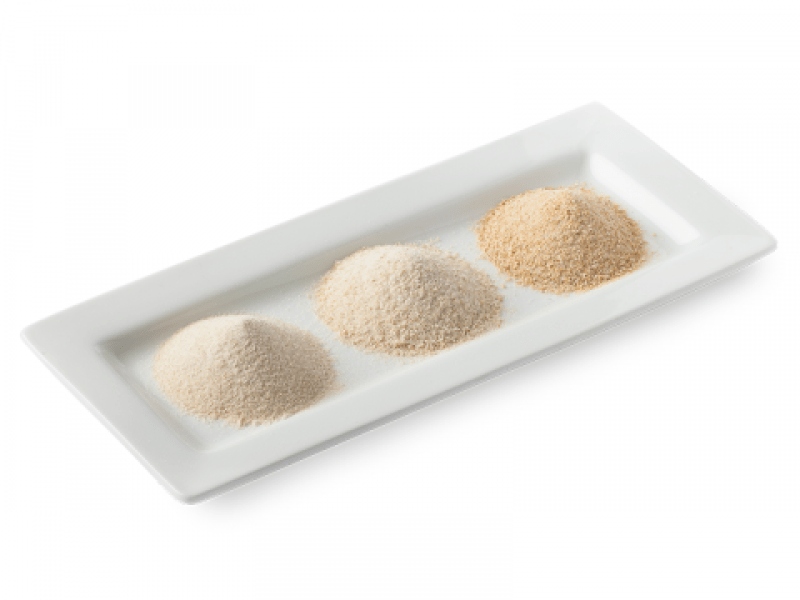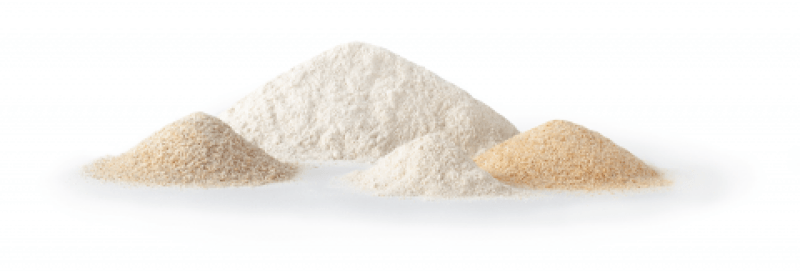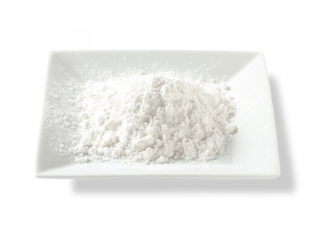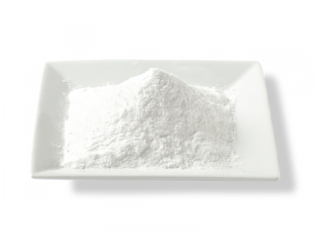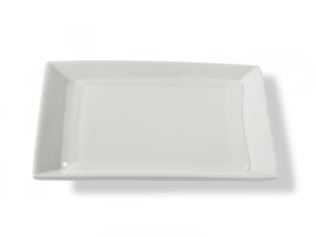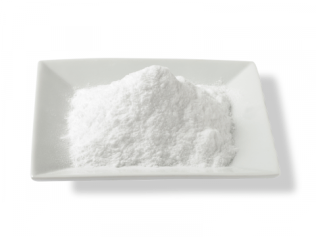Item #: Cassava_Flour


Cassava Flour
Organic cassava flour is a mild flavored, white-to-beige colored flour that is popular with gluten-free bakers and snack-makers. Choose from fine, extra fine or all-purpose cassava flour.
SKU: 77662
Origin: Brazil
Weight: 55.11 LB
Ships In: Request a Quote
Description
Although cassava flour has only become commercially available in North America within the last 10 years, cassava (also known as tapioca, manioc and yuca) has been widely used across Africa and South America in traditional dishes for centuries.
Ciranda's organic cassava flour is produced in Brazil from cassava roots which have been peeled, grated, pressed, dried and milled to the desired fineness. Choose from all purpose, extra fine, and fine varieties where a higher number indicates a finer mesh/grind. Each flour has unique properties.
AP60 (All-Purpose) - Some water binding; best for softer and lighter doughs; try it for tortillas, soft cookies and most other bakery or snack applications
EF50 (Extra Fine) - Very high water binding capacity; creates cornbread type structure in bakery; softer fiber; well-suited for crisp cookies, crackers, chips, extrusions, breadings, prepared or frozen meals
Product FAQ
-
Cassava flour is used in baked goods, breadings, soups & sauces, snacks and more.
-
Yes, cassava flour is naturally gluten-free and widely used in gluten-free products.
-
Cassava flour has a fine texture, neutral taste and neutral color compared to other gluten-free flours such as almond or coconut. It's also allergen-free.
-
While not common, cassava flour can be used in personal care products for its absorbent properties.
-
Cassava flour has a shelf life of 24 months from date of manufacture, when stored unopened in a cool, dry place.

Grower Story: Airton Marioti
Cassava farmer Airton Marioti, has farmed Brazil’s tropical Parana region all his life, shifting his crops to accommodate changing market conditions. Previously, Airton grew organic soybeans. But in recent years, he made some changes. He devoted a third of his family’s nine-hectare farm to corn, another third to grass to feed his beef cattle, and the remaining third to organic cassava, a root vegetable also known as manioc or yuca.
Read More






